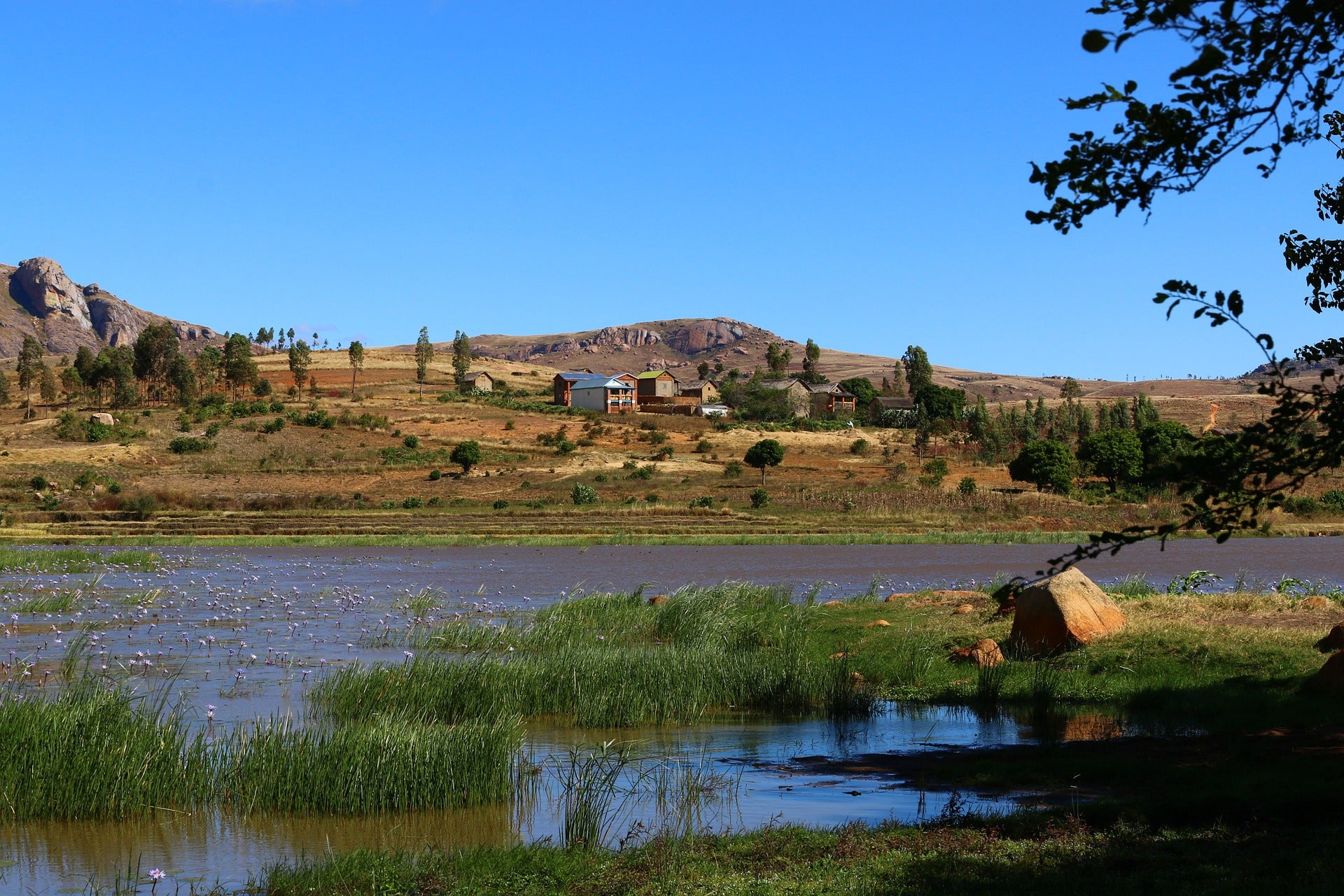
Médecins Sans Frontières deploys the ORISA® water purifier as part of its Malnutrition Grand Sud programme in Madagascar
The ORISA® water purifier helps Médecins Sans Frontière teams in Madagascar fight malnutrition
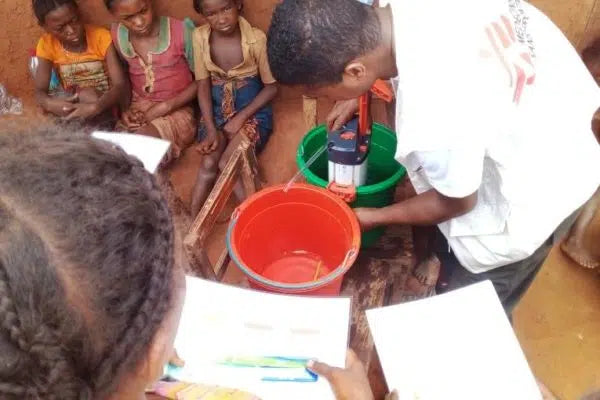
Malnutrition is affecting more and more people. In fact, food insecurity in the world worsened again in 2022. 258 million people needed emergency food aid, compared with 193 million in 2021. In remote areas or those affected by natural disasters, the situation is all the more critical, compounded by a context of vital insecurity. Malnutrition particularly affects young children. In 2019, UNICEF published a report entitled "Children, food and nutrition", which indicated that 1 in 3 children under the age of 5 suffered from malnutrition.
Madagascar is the 5th most affected country in the world, with 47% of children under the age of 5 (around 2 million children) affected by malnutrition, particularly in rural areas. It is certain that this health situation is also due to the poor soil of this territory: "Madagascar suffers from drought and the absence of rain. Crops are almost non-existent, even though they are vital for the population. The locals call it 'kéré', a term describing the lack of food and hunger", explain the MSF field teams.
This spoilage is not confined to foodstuffs, but is also directly linked to a lack of water or the consumption of water of dubious quality. A number of diseases transmitted by contaminated water also affect malnourished people. It is highly likely that inadequate access to drinking water, hygiene and sanitation is responsible for around 50% of malnutrition worldwide.
The Covid pandemic has exacerbated this health problem in Madagascar and had a particularly harmful effect on the population of Elonty. It is for these reasons that Doctors Without Borders has set up a large-scale health operation to combat malnutrition.
Through mobile clinics and deployments within beneficiary families, they have conducted an awareness-raising, screening and treatment campaign for malnutrition, with priority given to very young children, to alleviate the acute food insecurity that leads to health problems. The Médecins Sans Frontières teams focused on identifying a solution to improve water quality in Anaramanzava, a region in the south of Madagascar,
In this particular region of Madagascar, the operations took place in very remote villages, with long distances to cover, no road infrastructure for most villages and sometimes simply no access by lorry. It was therefore unwise to opt for a watertrucking solution. On the other hand, this is where the choice of ORISA® made sense. The populations were rather scattered, close to unprotected water sources and far from infrastructures such as water supply networks.
Deployment of ORISA® water purifiers to provide drinking water in mobile clinics
In 2021, Médecins Sans Frontières has turned to ORISA® water purifiers in response to this problem. These are the most suitable water filtration systems because they are reliable and easy to use and maintain. What's more, they present no risk of water contamination. The inlet for the water to be treated and the outlet for the purified water are not in contact. This is a definite advantage for improving the health of beneficiaries over the long term, so that they can regain their strength without their bodies having to fight microbiological contamination.Number of beneficiaries, deployment zones, quality of the water (turbidity) to be treated, means of getting there... These are the constraints that the Médecins Sans Frontières teams had to face and adapt to in order to successfully carry out this deployment. The filters were distributed in three phases. The first deployment involved around fifteen kits, each consisting of an ORISA® water filter, a bucket with a lid, a jerry can, a cup and 5 pieces of soap.
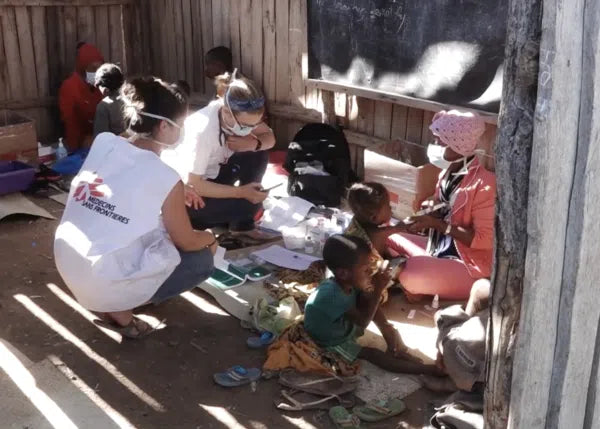
The kit was distributed to homeowners who agreed to share the filtered water with their neighbours. The distribution of the ORISA® purifiers and a collective training session for the beneficiaries took around 5 hours, involving a demonstration of how ORISA® works and then a short course on the risks associated with drinking unsafe water. The Médecins Sans Frontières teams on mission in Madagascar then carried out individual training in each household to explain in greater depth how to use and maintain the water filters.
The use of the purifiers was monitored following this initial distribution, and positive feedback was shared by users. A second roll-out was therefore organised and the distribution of kits to other homes continued. The distribution format was the same and this time the operation lasted 3 hours.
A few weeks later, the Médecins Sans Frontières teams returned to continue the distribution throughout the village. Given the large number of beneficiaries, this distribution lasted 3 days, still using the same format as the first intervention and the next.
971 ORISA® water purifiers, combined with the other elements contained in the kits, were deployed to meet the needs of the population, with a view to limiting water-borne diseases and consequently the rate of malnutrition.
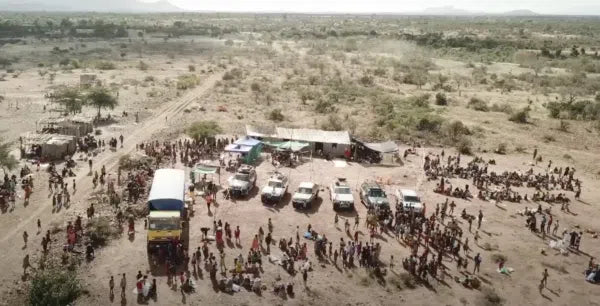
The positive impact of this humanitarian and health project
There are many positive aspects to this project run by Médecins Sans Frontières. Through these distribution phases, the population has access to safe water over the long term. Thanks to this humanitarian intervention, many households benefit from water that is free from microbiological contamination for drinking water, food and hygiene. In a report at the end of the operation, Médecins Sans Frontières noted that malnutrition rates had fallen, particularly among young people. The ORISA® freshwater filtration system is an advantage for this population, as it does not require in-depth knowledge of the technology, and its manual use really meets the needs of both aid workers and beneficiaries. It also helps to improve the health and living conditions of these people.
In Madagascar, 81% of the population lives below the poverty line, and access to clean water is a luxury that not everyone can afford. This has an impact on the Malagasy people's ability to live in dignity and meet their basic needs. Following the distributions, the beneficiaries expressed their satisfaction with the reduction in the turbidity of the drinking water. 973 households use their ORISA® water purifier every day for both drinking and cooking. They use and maintain their water filter with care and autonomy.
Behind the scenes of the drinking water project in mobile clinics in Madagascar
Our commercial partner, Médecins Sans Frontières, encountered a number of difficulties which did not, however, affect the positive feedback from the Madagascans at Elonty. The first difficulty was access to the site. Access to the village was very difficult, even though the field team had 4×4 vehicles. Some roads were impassable by lorry, making it very difficult to transport equipment. It took 7 and a half hours to reach the Amboasary base, and more than 1 hour off-road.
In addition to the complex route, the team had to deal with erroneous demographic data. The number of kits did not correspond to the number of households in need. It was therefore necessary to go back and forth to meet the needs of these households. It was also difficult to communicate with the local population, as there was no recourse to French or Malagasy. As a result, understanding how the filter worked was more complex. Despite all these problems, the Médecins Sans Frontières teams succeeded brilliantly in helping this Madagascan population and reducing water-borne diseases and malnutrition.
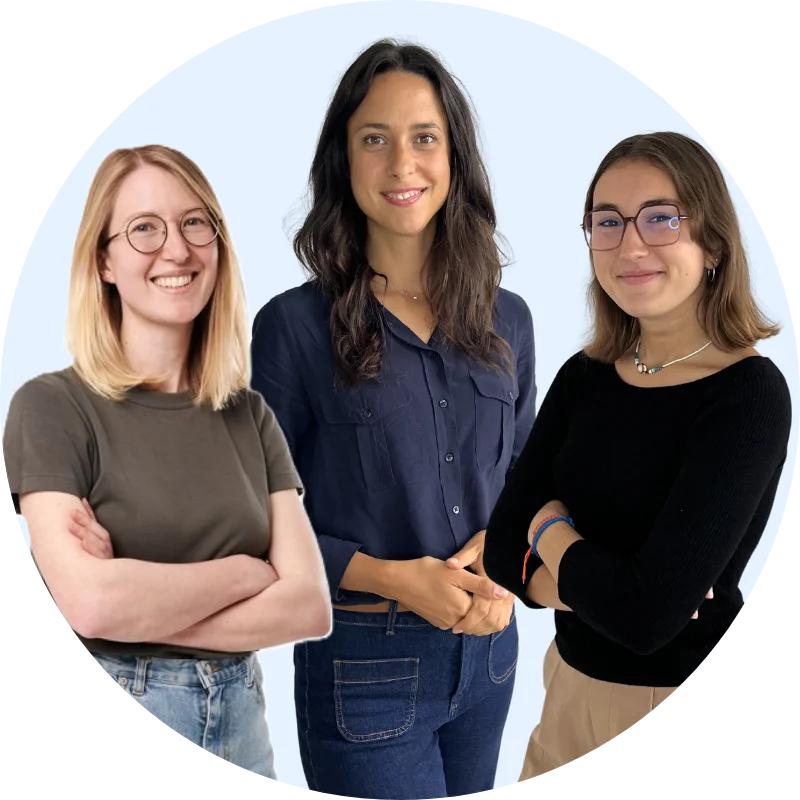
"Access to water remains a major problem. We provide autonomy to people whether they are in emergency or humanitarian development situations".
David Monnier, former humanitarian, Chairman and co-founder of Fonto de vivo, is your point of contact for humanitarian programmes dedicated to access to clean water.
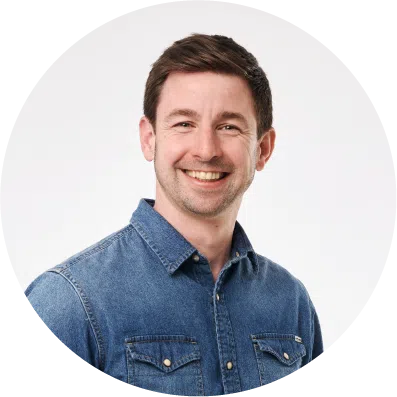
"Adapting filtration technologies to individual needs and making them affordable, to meet the social and environmental challenges of our time".
Anthony Cailleau, French representative for projects in Colombia, Managing Director and co-founder of Fonto de vivo, contact for development aid and international cooperation.


